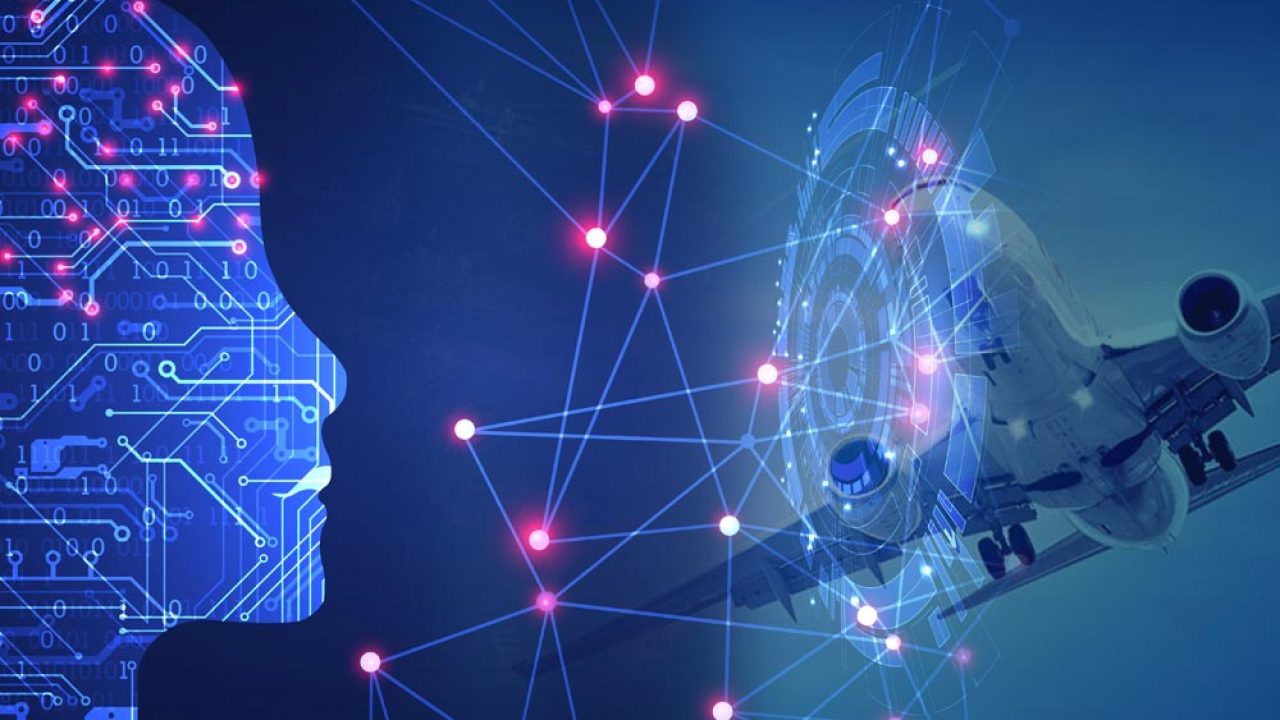Artificial Intelligence, or AI, is making waves in various industries, and the realm of space exploration is no exception. With the advancement of technology, AI in space station systems has become a crucial component, enhancing the efficiency and safety of space missions. This article delves into the transformative role of AI in space station systems, highlighting its applications, benefits, and future potential.

The Role of AI in Space Exploration
Space exploration has always been a frontier for innovation. The integration of AI in space station systems is revolutionizing how we approach the challenges of the cosmos. AI algorithms can process vast amounts of data, making real-time decisions that are critical for the success of space missions. This capability is particularly important in the isolated and resource-constrained environment of space.
AI for Spacecraft Navigation
One of the primary applications of AI in space station systems is in spacecraft navigation. AI systems can analyze celestial data and spacecraft telemetry to optimize flight paths and ensure precise navigation. This reduces the risk of human error and enhances the mission’s success rate. For more insights on how AI is used in spacecraft trajectory prediction, visit AI Trajectory Prediction.
AI in Environmental Monitoring
AI systems are also employed in monitoring the cabin environment of space stations. By analyzing air quality, temperature, and humidity levels, AI can ensure a safe and comfortable living environment for astronauts. This is crucial for long-duration missions where maintaining optimal conditions is vital. To explore more about AI’s role in cabin environment monitoring, check out Cabin Monitoring AI.
Benefits of AI in Space Station Systems
The integration of AI in space station systems offers numerous benefits that enhance the overall mission efficiency and safety. Here are some key advantages:
Increased Efficiency
AI systems can perform complex calculations and data analyses at unprecedented speeds, leading to increased operational efficiency. This allows astronauts to focus on mission-critical tasks without being bogged down by repetitive calculations and data processing.
Enhanced Safety
AI can predict potential system failures or anomalies before they occur, allowing for proactive measures to be taken. This predictive capability is vital for the safety of astronauts and the success of missions. Learn more about AI’s predictive capabilities in structural fatigue prediction by visiting Structural Fatigue AI.
Resource Optimization
In the constrained environment of space, optimizing resources is crucial. AI aids in efficient resource management, ensuring that energy, water, and other supplies are used judiciously. This optimization is key to sustaining long-term missions and reducing the need for frequent resupply missions.
AI Technologies Used in Space Stations
Several AI technologies are employed in space station systems to achieve these benefits. These include:
Machine Learning Algorithms
Machine learning algorithms are used to analyze vast datasets, identify patterns, and make predictions. These algorithms are integral to navigation systems, environmental monitoring, and resource management.
Robotic Process Automation
Robotic process automation (RPA) helps automate routine tasks, freeing up astronauts to focus on more critical aspects of their missions. RPA is used in tasks such as data collection, analysis, and maintenance operations.
Natural Language Processing
Natural language processing (NLP) enables astronauts to interact with AI systems using human language. This simplifies communication and allows for more intuitive control of space station systems.
The Future of AI in Space Exploration
The future of AI in space exploration is promising, with numerous possibilities on the horizon. As AI technology continues to evolve, its applications in space missions are expected to expand, leading to even more groundbreaking discoveries and advancements.
AI in Autonomous Spacecraft
Future space missions may see the deployment of fully autonomous spacecraft powered by AI. These spacecraft will be capable of making independent decisions, exploring distant planets, and gathering data without direct human intervention.
AI-Driven Research
AI will play a significant role in analyzing the vast amounts of data collected during space missions. This will lead to new insights and discoveries, advancing our understanding of the universe.
Collaborations and Innovations
Collaboration between space agencies, technology companies, and research institutions will drive innovation in AI for space exploration. This synergy will lead to the development of cutting-edge technologies that push the boundaries of what is possible.
For more information on AI innovations in aerospace, visit Airbus AI Innovations.
Challenges and Considerations
While AI offers numerous benefits, there are challenges and considerations to address:
Data Security
The security of data processed by AI systems is paramount. Ensuring that sensitive information is protected from cyber threats is essential for maintaining mission integrity.
Ethical Concerns
As AI systems become more autonomous, ethical considerations regarding decision-making and accountability arise. Establishing guidelines and protocols is important to ensure ethical AI usage in space missions.
Technical Limitations
AI technology is continuously evolving, but there are still technical limitations to overcome. Improving AI’s reliability and robustness in the harsh conditions of space is an ongoing challenge.
Conclusion
The integration of AI in space station systems is transforming the landscape of space exploration. From navigation and environmental monitoring to resource optimization and autonomous spacecraft, AI is a game-changer. As technology advances, the possibilities for AI in space missions are limitless, paving the way for a new era of discovery and exploration.

FAQs
What is the role of AI in space exploration?
AI plays a crucial role in space exploration by enhancing navigation, monitoring environmental conditions, optimizing resources, and enabling autonomous operations.
How does AI improve safety in space missions?
AI improves safety by predicting potential system failures, allowing for proactive measures to be taken, and reducing the risk of human error in critical operations.
What are the future possibilities of AI in space exploration?
The future possibilities of AI in space exploration include autonomous spacecraft, AI-driven research, and innovative collaborations that push the boundaries of technology and discovery.

